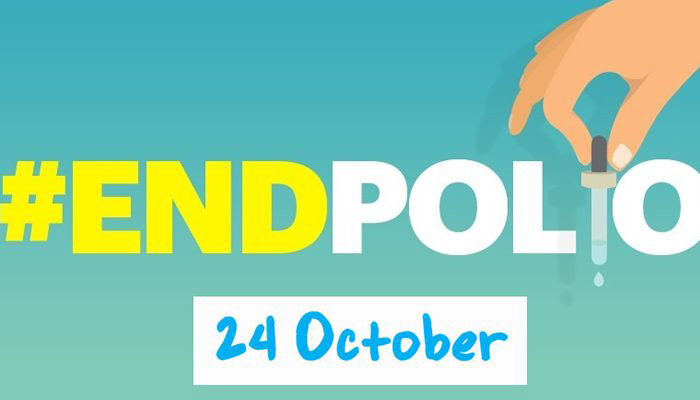World Polio Day: PM resolves to achieve polio-free Pakistan
We will achieve a safer, healthier and polio-free Pakistan for our children, PM Imran says on World Polio Day
October 24, 2018

ISLAMABAD: Prime Minister Imran Khan on Wednesday expressed his resolve to eradicate the polio virus from Pakistan, which is one of the only three countries in the world, along with Afghanistan and Nigeria, that suffers from endemic polio.
In his message on World Polio Day, being observed today, October 24, the prime minister tweeted: “Our government is fully committed to ending polio in Pakistan. On #WorldPolioDay, I am confident, together with our people, we will achieve a safer, healthier and polio-free Pakistan for our children.”
Polio, or poliomyelitis, is a crippling childhood disease caused by the polio virus, and preventable through immunisation.
Pakistan has been battling polio for the past several years and is close to completely eradicating the disease. The number of cases declined from 306 in 2014 to 54 in 2015, 20 in 2016 and eight in 2017. In 2018, six polio cases have so far been reported.
A country must have no cases for three consecutive years in order to be considered to have eradicated polio by the World Health Organisation.
Babar Atta, focal person to the prime minister on polio eradication, shared with Geo News the government’s commitment to eliminate the virus and the challenges involved in the process.
He said one of the reasons behind the spread of the virus is travel. Citing Afghanistan as an example, he noted that 16 cases of polio have been reported in the country this year. Because Pakistan shares a border with Afghanistan, it can be challenging to prevent the spread of the virus.
Atta requested all parents to ensure their children are vaccinated against polio, to achieve a polio-free Pakistan.
Affecting mostly children under the age of five, polio — which has no cure and can only be prevented by giving a child multiple vaccine doses — can lead to irreversible paralysis.
According to the WHO, the number of polio cases worldwide has fallen by more than 99 percent since 1988, from an estimated 350,000 cases then to 22 reported cases in 2017.









